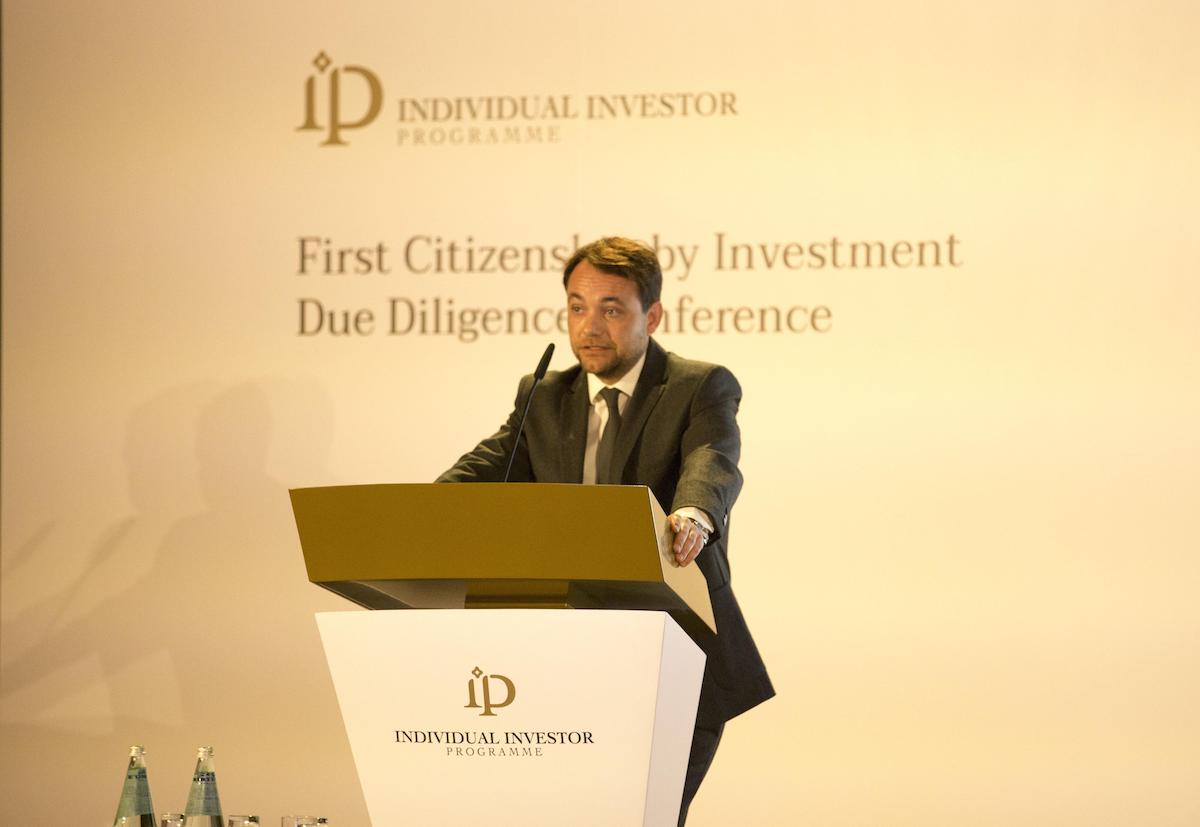During last week’s Conference Mr Bruno L’ecuyer explained how our Industry is more susceptible to criticism than most. Negative publicity about one programme leads to widespread condemnation of the entire industry. This provides an incentive for us to take due diligence seriously.
Agents should:
– Pick the very best from the available pool of HNW individuals;
– Actively screen out persons with the potential to embarrass the State in any way; and
– Verify all information provided through online media and third party due diligence service providers.
Respectable countries offering CBI will be keen to keep these people out:
– The first act of due diligence is to inform potential applicants that their applications will be subjected to rigorous scrutiny;
– Screening may be divided into ‘internal’ or ‘domestic screening and ‘international screening’; and
– Jurisdictions must familiarise themselves with FATF Recommendations.
Transparent Governments
It is not just the applicant who needs to be scrutinised. Investors will carry out their own due diligence. Investors want to invest in a country with a transparent government system. They also want to know that the country they are interested in has robust due diligence processes.
IIP Risk Matrix
The current iteration of the IIP’s risk matrix consists of five levels of risk, across seven categories. Through this risk matrix, the IIP has been able to undertake a more structured risk assessment, which facilitates a more objective and systematic review of applications. This ultimately resulted in case officers being able to conduct a more thorough risk assessment, in less time when compared to the previous process.
Mr Jonathan Cardona, MIIPA’s CEO and Mr Yakof Agius, MIIPA’s Chief Officer for Risk & Compliance – who are the co-creators of the IIP’s risk matrix, used an evidence-based framework for developing the risk matrix. They share the vision that their CBI risk matrix, could facilitate new levels of standardisation, transparency and integrity which will ultimately result in increased levels of trust in the industry.
Further research includes the measurement of every application’s risk profile against the application’s outcome. With enough data, the risk matrix will be able to generally predict an application’s outcome based on the application’s risk profile.
EU General Data Protection Regulation (GDPR)
One of the hot topics discussed during the First CBI Due Diligence Conference had to be GDPR.
On the eve of its introduction, the Data Protection Commissioner, Mr Saviour Cachia, gave his views on why this new legislation is an evolution of the existing framework rather than a revolution. This new single EU law dealing with data protection has been created as a result of rapid technological developments, e-commerce globalisation and the need for the rebalancing of rights in a digital world. It will bring more accountability, stronger enforcement for more protection, consistency and harmonisation across the EU.
GDPR will offer more protection and rights to EU Citizens. They will have more control over their personal information; getting easier access to their data, a new right to data portability, a clearer right to erasure (‘right to be forgotten’) and the right to know when their data has been hacked. It also modernises and unifies rules allowing businesses to reduce red tape and to benefit from greater consumer trust. The GDPR will come into effect across the EU (including Malta) as from tomorrow May 25.
Source: https://www.linkedin.com/company/individual-investor-programme-of-the-republic-of-malta/





